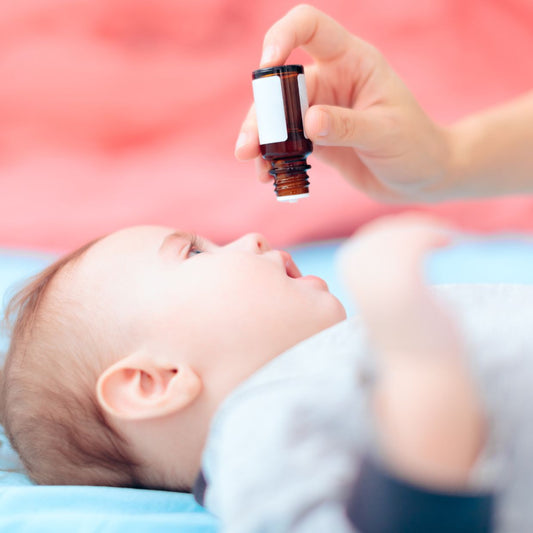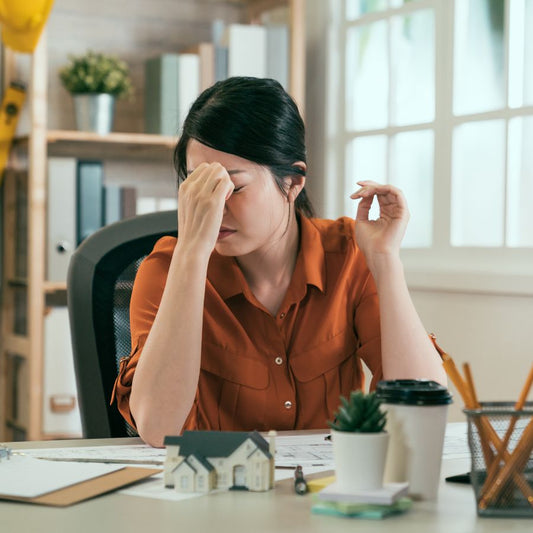Hiccups are not uncommon and affect all ages. When it comes to babies, however, newborn hiccups can trigger panic among mum, dad, grandma, uncle, and whoever else is present. What causes them and when to worry? Read on.
Hiccups: what are they and what causes them?
Hiccups are caused by involuntary and repeated contractions of the diaphragm resulting in a sudden closure of the vocal cords (the opening of the larynx, through which air passes), which produces that well-known "hic" sound.
It's an involuntary physiological reflex, like sneezing or coughing, and is nothing to worry about in itself. The root cause, unlike the other two, is still unclear. There are several theories, but none of them have a firm scientific foundation.
What we do know, however, is that hiccups can occur for several reasons, for example:
- We have eaten too much
- We have swallowed too much air while chewing (this can happen when eating too quickly or with fizzy drinks)
- We are feeling particularly anxious or overly-excited, so we take in more air than usual.
In any case, hiccups should be considered a completely normal phenomenon, which usually resolve in a few minutes and don’t present any risks to our health.
The causes listed apply in general terms; in the next paragraph, we’ll discover that the matter is a little more complex for babies.
What causes hiccups in infants?
Hiccups in babies are much more common than in adults, and can sometimes be followed by reflux and regurgitation. Baby hiccups in the womb are also quite common, and mum can often feel the jerking movement from her baby inside her tummy.
Why does a newborn baby hiccup?
- Their digestive system is still immature
- They have swallowed air while crying
- They have swallowed air during a feed, be that breastfeed or bottle-feed
- They feel cold all of a sudden, for example when being undressed for a nappy change or bath.
When to worry
Hiccups are completely harmless and do not cause any discomfort to infants, except if they occur frequently, excessively, or continuously for more than 48 hours.
In these cases, it’s best to consult your doctor immediately, as it could be a sign of a relatively harmless illness, such as a throat or ear infection, or of more serious medical conditions such as diabetes or kidney problems.
How to get rid of baby hiccups
In most cases, hiccups stop on their own after a few minutes and do not cause any discomfort to the baby. Sometimes, however, they can last longer, and an infant can show signs of discomfort and distress, such as becoming fussy or crying loudly. If this occurs, it is better to take action and try some remedies to help stop them.
For obvious reasons, we can’t use the well-known method of holding your breath by closing your nose with your fingers (absolutely not!). How to get rid of newborn hiccups - here are some methods we can use:
- Gently massage your baby’s back
- Give your infant a dummy
- Latch your baby onto your breast (only if you haven’t just removed them), sucking will help to relax their diaphragm
- Offer them a few sips of water from a spoon
- If you are breastfeeding, take a short break and rest them on your shoulder to encourage burping, which is also useful in preventing hiccups as it allows excess air to be expelled
- If you are bottle-feeding, tilt the bottle at a 45° angle so that the air passes to the bottom of the bottle
- Latch your baby on to your breast correctly, their lips must cover the entire areola to prevent them swallowing air
- It helps if they’re not overly-hungry at feeds, as this can lead to swallowing excess air, which consequently results in hiccups
Don't worry if your baby starts to hiccup, as we’ve seen, it is a completely natural phenomenon. To reduce discomfort, you can try using one of the methods we’ve listed. As your baby develops, the frequency of hiccups will gradually decrease until they only happen once in a while, just as for us grown-ups.
The information contained on this Site is purely of an informative nature and does not replace any diagnosis or treatment advice received from a doctor. We recommend that you always seek advice from your family doctor and / or specialists.








